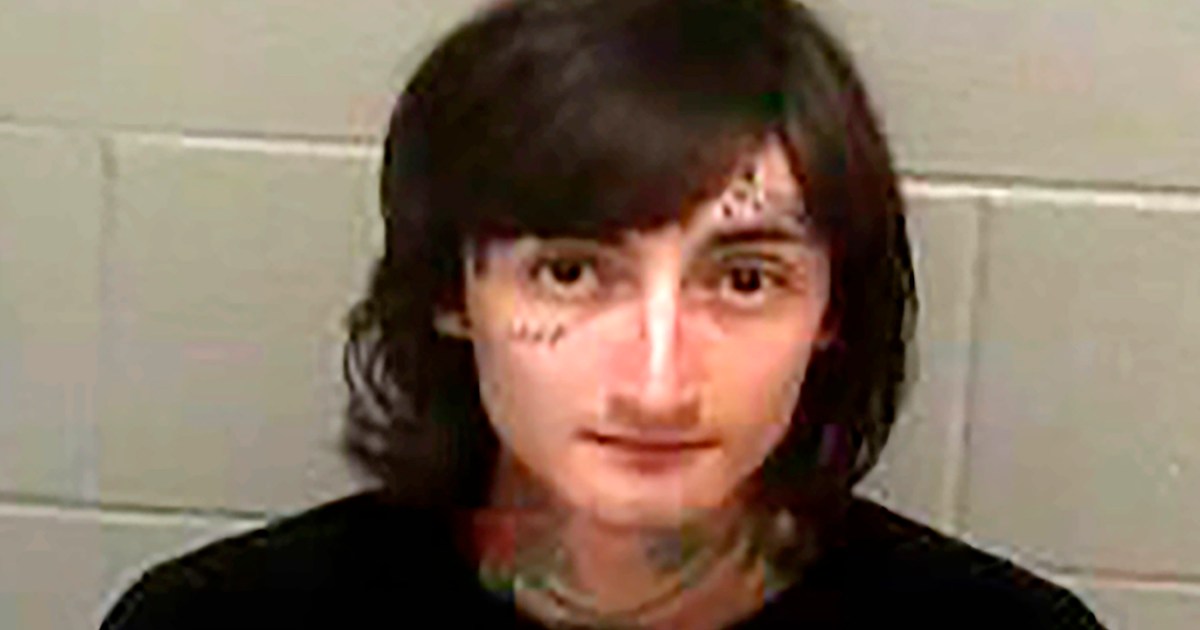Haiti to replace national police chief in effort to counter gang violence
The newly installed government in Haiti has announced the replacement of the head of the beleaguered national police force, in the latest effort to respond to gang violence in the crisis-wracked country.
Police chief Frantz Elbe will be replaced with former chief Rameau Normil, the prime minister’s office has confirmed.
The move comes as Haiti’s new prime minister, Garry Conille, has faced increased pressure to strengthen the Haitian National Police. The force has remained woefully underfunded and ill-equipped despite being at the forefront of the battle against powerful armed gangs in the Caribbean country.
Conille himself was installed by a transitional council in May after gangs earlier this year seized large swaths of the capital, Port au Prince, and deposed former Prime Minister Ariel Henry.
Speaking to the Reuters news agency after the change was announced on Friday, Pierre Esperance, the National Network for Defense of Human Rights (RNDDH), described Elbe’s time as head of the police as “catastrophic”.
“The results of Elbe at the helm of the police are catastrophic,” Esperance said, adding he believed Elbe should be prosecuted.
“He spent his whole time establishing relationships with the gangs, reinforcing the gangs and preventing cops from doing their job and risking their lives,” he said.
Haiti’s police unions have also repeatedly called for Elbe’s resignation and arrest, pointing to gang raids on at least 30 police stations and substations in recent months as part of a series of attacks that began on February 29.
On Wednesday, the SPNH-17 police union held a news conference condemning the state of the department under Elbe. SYNAPOHA, another police union, joined in calling on Conille to bolster the department earlier this week.
The latest development has come as Haiti continued to await the deployment of a Kenya-led, UN-backed multinational security force composed of 1,000 Kenyan officers, as well as personnel from a handful of Caribbean countries.
That force was meant to deploy in late May, but its arrival has been repeatedly delayed.
For his part, Normil had headed the national police from mid-2019 to late 2020 under former President Jovenel Moise, who was assassinated in 2021.
Prior to that, he oversaw the detective division. The effective date of the replacement was not immediately clear.
Fight against gang violence
Haiti’s fast-shrinking police force has suffered from a lack of resources while fighting criminal groups armed with high-calibre weapons the UN says are largely trafficked from the nearby US.
As of 2023, the police force had just more than 13,200 personnel, according to the UN. The international organisation has warned that only about 4,000 police are on duty at any given time in a country of 11 million.
Meanwhile, a recent survey by RNDDH found that 20 police officers have been killed so far this year, with more than 320 since 2015.
Police officers’ regular complaints included late pay, insufficient training, workplace harassment, dismissal threats, knife and gunshot injuries and equipment shortages.
Nevertheless, Haiti’s new Conille-led government has promised to bring about change.
“Haiti is confronted by major challenges. Violence and instability paralyse our daily lives,” Conille said at an official ceremony on Wednesday.
“My government will work without rest to improve the conditions of each and every Haitian,” he said, adding that “without security, no sustainable progress can be achieved.”
“It is crucial our police and soldiers are ready to face today’s security challenges,” Conille added, “and we will ensure that they have the tools they need to carry out their mission effectively and professionally.”
For its part, Haiti’s ombudsman, the Citizens’ Protection Office, has called on Normil to produce a plan to control the gangs and improve the police force “without delay”.
It has also called for authorities to offer explanations for the high rate of killings and the “spectacular” recent escape of about 4,500 prisoners under the “complete indifference” of previous authorities.
Gang violence in Haiti has pushed 578,000 people from their homes, according to the UN’s latest estimates. Thousands have been killed and millions pushed into acute hunger amid the unrest.




